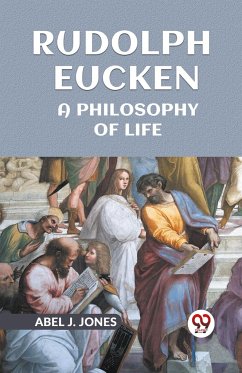
Essays
Versandkostenfrei!
Versandfertig in 1-2 Wochen
19,99 €
inkl. MwSt.

PAYBACK Punkte
0 °P sammeln!
The 18th-century collection of philosophical articles "Essays" was penned by Scottish Enlightenment philosopher David Hume. The essays' broad range of subjects reflects Hume's varied interests in politics, literature, and philosophy. "A Treatise of Human Nature," one of Hume's most important essays, examines human thinking and makes the case for a more sceptical and empirical philosophy. He promotes a study of human nature based on observation and experience, challenging conventional beliefs about causality, identity, and the nature of knowledge. Hume's writing is distinguished by its empirici...
The 18th-century collection of philosophical articles "Essays" was penned by Scottish Enlightenment philosopher David Hume. The essays' broad range of subjects reflects Hume's varied interests in politics, literature, and philosophy. "A Treatise of Human Nature," one of Hume's most important essays, examines human thinking and makes the case for a more sceptical and empirical philosophy. He promotes a study of human nature based on observation and experience, challenging conventional beliefs about causality, identity, and the nature of knowledge. Hume's writing is distinguished by its empiricism, wit, and clarity. His writings, which provide insights into human nature, the basis of knowledge, and the difficulties of moral and aesthetic judgments, continue to have an impact on the domains of philosophy and economics. The compilation offers a thorough understanding of Hume's contributions to philosophy and is still studied because of its significant influence on Western thought.














